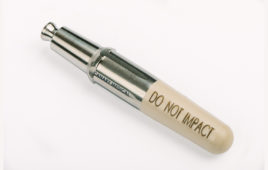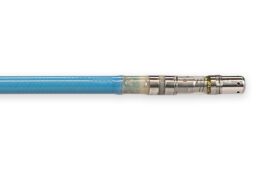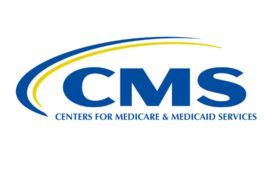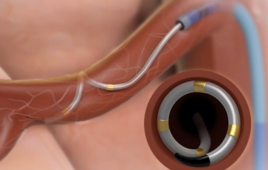
[Image by marsroverdriver via Flickr, using Creative Commons license.]
Let’s start with the challenges. We know that clinical trials for devices are far more difficult to design than pharma studies, for example. “Medical technology is not like pharma – you can’t give someone a ‘placebo hip replacement,’” said Seth J. Goldenberg, PhD, director of product development strategy at NAMSA. “There is far more complexity in study design.”
Clinical trials are typically one of the most expensive parts of the medical device lifecycle. Small companies in particular struggle to design and develop studies, which is why NAMSA has expanded its services beyond medical research to help medtech navigate the continuum of development, including the global regulatory and reimbursement environments. Check out NAMSA’s video on these services:
Device makers are under increasing pressure to ensure that their devices are not simply achieving regulatory approval, but have a plan for payments. And these days, Goldenberg said, CMS is not always the best route. “Going for a national coverage can seem like the best option,” Goldenberg said. “The problem with CMS is that if you don’t get what you want, it’s a national decision.”
Such blanket decisions are oppositional to the nature of medical technology today. “Medical devices are too complex, too dynamic, and too customized.”
That’s why Goldenberg said some device makers might prefer the labyrinthine route of regional reimbursement and working with multiple payers to gain coverage. Without clear paths to getting reimbursement, valuable payer feedback is based on relationships. OEMs must work with partners that have access to key stakeholders within individual payer systems.
In addition, these regional organizations are becoming a source of technology funding. “Organizations that are both the insurance and the healthcare providers know the gaps in their systems and they are willing to invest in technology that will help them meet those outcomes with the greatest efficiencies.” For example, some payers have started digital health accelerators.
These dynamics are why a single payer system is unlikely to be favored in medtech at least for the immediate future. “Device firms can still get a variety of payments from regional coverage providers due to their unique populations and needs.”
While the regional reimbursement options within the U.S. system add to its complexity, there are risks in a single payer system as well. In 2016, one of the most influential single payer systems in the world made headlines by comparing two leading manufacturer’s insulin products. United Kingdom’s National Institute for Health and Care Excellence (NICE) issued a comparison assessment between Medtronic’s MiniMed Paradigm Veo System and Johnson’s Animus Vibe and G4 Platinum CGM system. NICE recommended Medtronic’s sensor-augmented pump over J&J’s offering.
Such a situation might not happen very often in the future given the continued push to improve outcomes. Medtech companies are leading the charge to prove their products value over competitors. Goldenberg notes that 510(k) submissions have gone down while PMAs have gone up.
“There is a shift in industry that is ongoing,” said Goldenberg, alluding to the ever-deepening commitment the healthcare system has for better patient outcomes. Because that shift is still in infancy, however, medtech might not see the benefits in seeking national payer decisions for a while.
[Want to stay more on top of MDO content? Subscribe to our weekly e-newsletter.]




